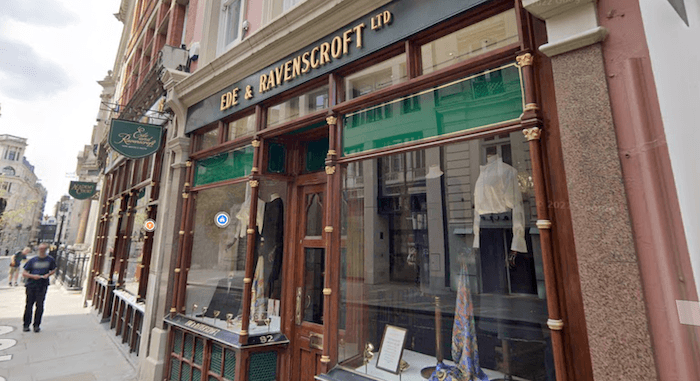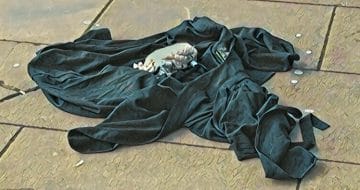Legal attire specialist did not abuse dominant market position, tribunal finds

The Competition Appeal Tribunal (CAT) has found that London’s oldest tailor and robe maker, Ede & Ravenscroft, did not abuse its dominant position when supplying graduation gowns to universities across the UK.
Ede & Ravenscroft (E&R), which also makes barristers gowns and shirts, amongst other legal garb, operates a business-to-business model for the provision of graduation robes, contracting directly with client universities. For the 2018-19 academic year, E&R supplied academic dress for use at 80.5% of universities in the UK.
Represented by Brick Court’s Fergus Randolph QC and One Essex Court’s Derek Spitz, start-up competitor Churchill Gowns mounted a challenge against E&R under sections 2 and 18 of the Competition Act 1998.
Churchill Gowns operates a business-to-consumer model where it allows students to engage its services directly without going through the university. It alleged that, E&R’s agreements with universities granting “official supplier” status had the effect of conferring de jure or de facto exclusivity preventing Churchill Gowns from accessing the market.
The CAT held that, although E&R did hold a dominant position, the B2B academic clothing provider had not abused its dominant position and that its agreements with universities were not anti-competitive for the purposes of the Chapter I prohibition.
E&R was represented by One Essex Court’s Conall Patton QC and Monckton Chambers’ Michael Armitage.

